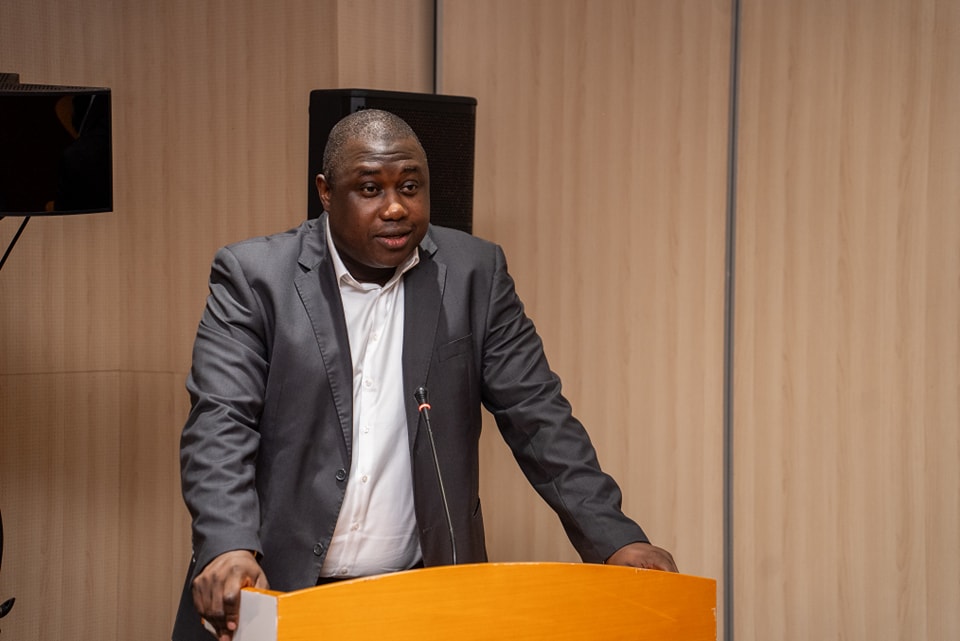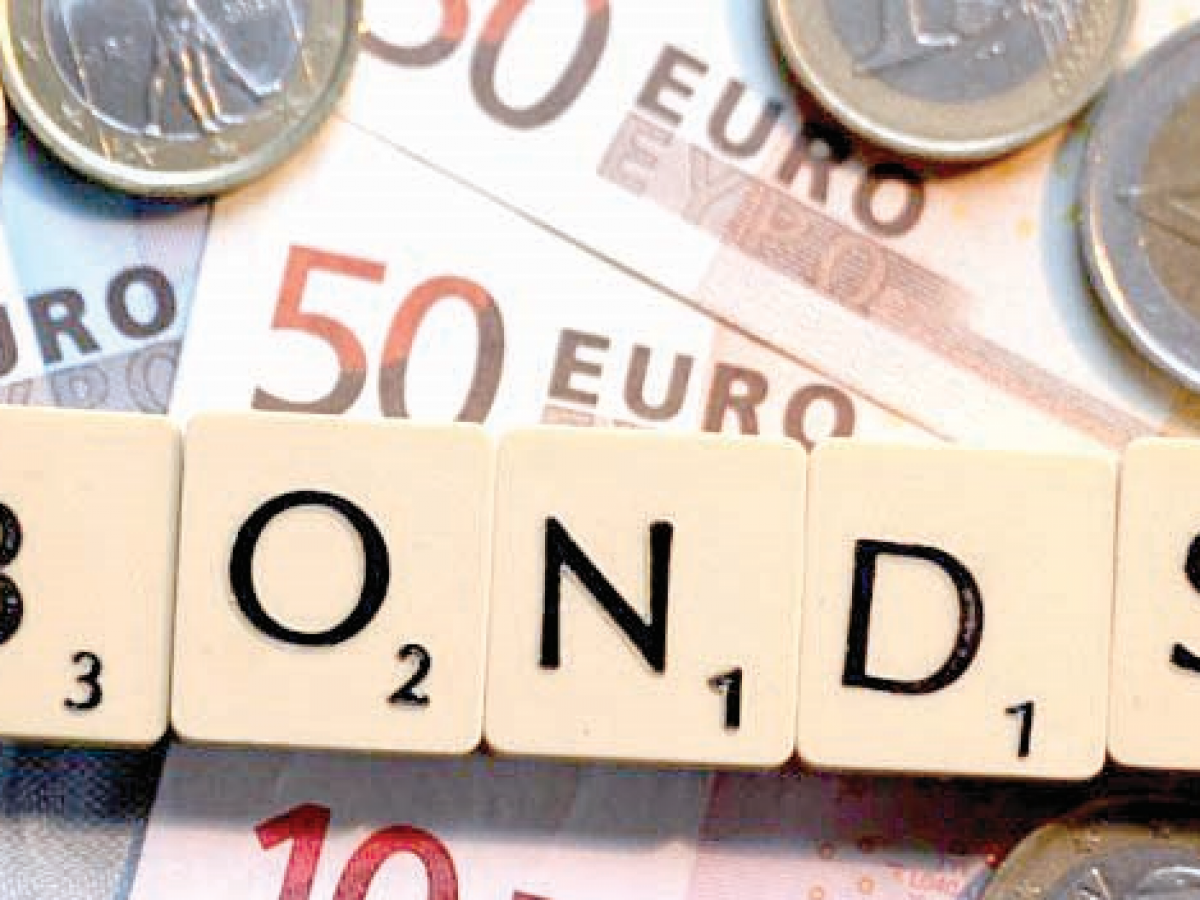Gambiaj.com – (DAKAR, Senegal) – Senegal’s sovereign bonds are facing their toughest moment on African financial markets, as investor concerns over the country’s suspended International Monetary Fund (IMF) program deepen. According to a Bloomberg report published on September 17, 2025, Senegalese Eurobonds recorded a 1.8% loss for dollar bondholders this month — the worst performance on the continent.
This stands in sharp contrast to the average 1.9% gain posted by other African sovereign bonds tracked by the Bloomberg index.
Analysts attribute the underperformance to growing uncertainty surrounding an IMF probe into under-declaration of Senegal’s debt, which has left investors adopting a cautious, wait-and-see approach.
Senegal’s bond yields have been volatile since revelations about misreported debt levels surfaced.
Bloomberg notes that yields on the country’s 2033 bonds surged to 14.56% on July 3 before falling below 12% in August on the back of hopes that an IMF mission to Dakar would secure a waiver. Those hopes have since dimmed, with investors now “in waiting mode,” according to Samir Gadio, head of Africa strategy at Standard Plc.
The government of President Bassirou Diomaye Faye has blamed the previous administration for what it calls “erroneous statements” on public finances, revealing a $7 billion hole in the country’s accounts. This recalibration pushed Senegal’s debt-to-GDP ratio to 119% in 2024, up from 99.7% in 2023, while the budget deficit climbed to 14% of GDP compared to 12.3% previously.
The IMF’s executive board is now expected to decide whether Senegal must reimburse the $700 million already disbursed under the $1.8 billion financing program and under what conditions a new arrangement could be negotiated.
An IMF mission visited Dakar last month to gather information for the board’s review. IMF spokesperson Julie Kozack said the institution is working with Senegal to restore budget transparency, improve reporting, and prevent future misstatements ahead of the board’s deliberations.
Yet, Citigroup analysts say trading in Senegalese Eurobonds remains “chaotic” after a brief rally, noting the IMF has not explicitly highlighted progress on budgetary consolidation. They also warn that Senegal’s fiscal deficit for 2025 may exceed the government’s target of 7.8% of GDP, citing a 23% jump in spending in July compared to June while revenues “somewhat underperformed.”
Mark Bohlund, senior analyst at Redd Intelligence, believes the annual IMF meetings in October could bring “positive signals” for Senegal. However, he cautions that without encouraging news, the country risks triggering “another massive sale” of its debt.










